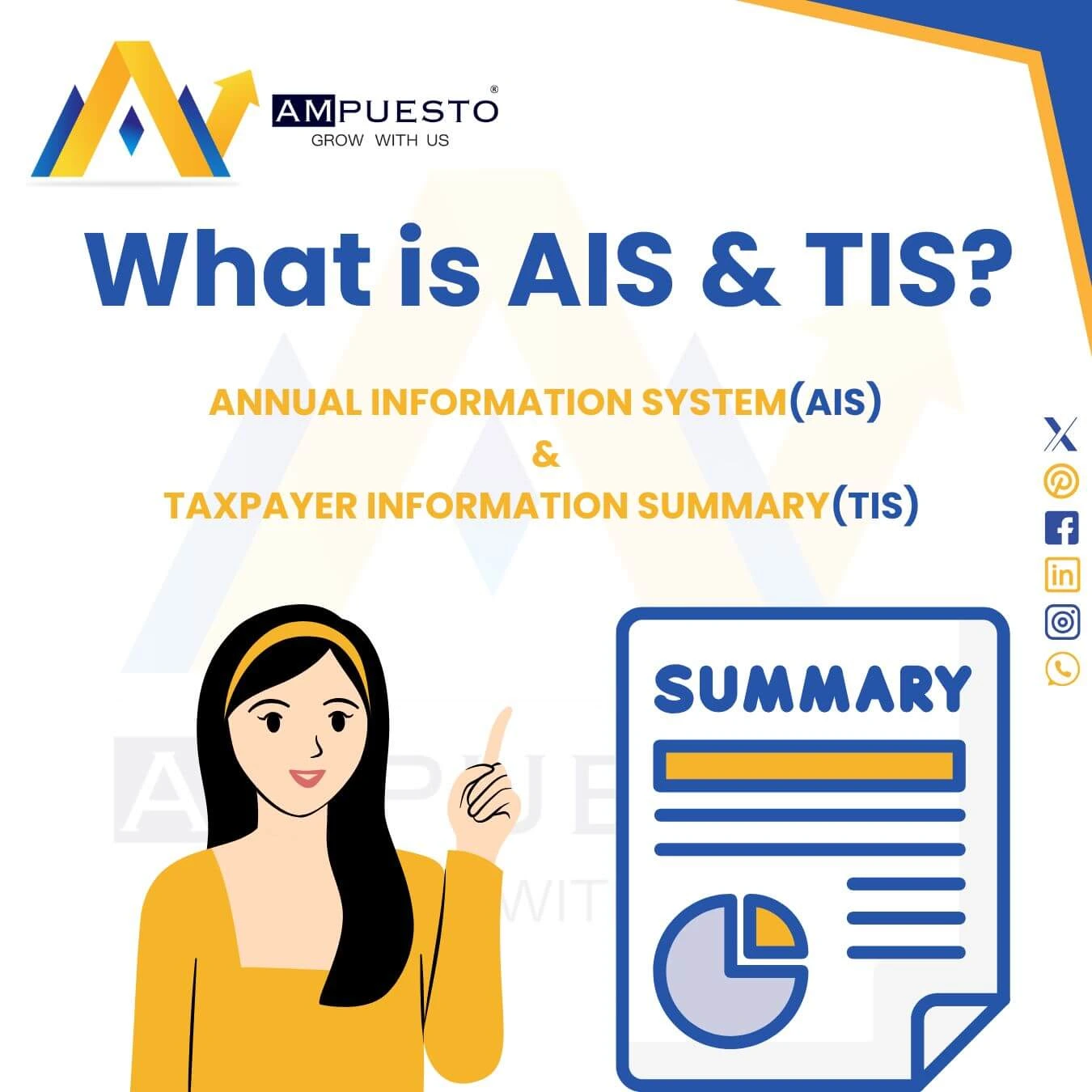
loading...


In the world of finance and business, adhering to regulatory requirements is paramount. Annual return filing is one such obligation that businesses need to fulfill. This article will delve into the intricacies of annual return filing, explaining when it should be filed and what it entails.
Understanding Annual Return
Before we dive into the specifics of when and how to file an annual return, let's clarify what an annual return is. An annual return is a comprehensive document that companies and organizations must submit to the relevant authorities. It provides an overview of the company's financial performance, including details about its income, expenses, assets, and liabilities.
The Legal Framework
In most jurisdictions, annual return filing is a legal requirement for businesses. The specifics may vary from place to place, but the underlying principle remains the same: transparency and accountability.
The Purpose of Annual Return
The primary purpose of an annual return is to ensure that companies are operating within the boundaries of the law and are financially stable. It helps regulatory bodies track a company's financial health and compliance with tax laws.
When Should Annual Return Be Filed?
The timing of annual return filing is crucial, as missing the deadline can lead to penalties and legal consequences. The deadline for filing annual returns typically depends on the jurisdiction and the type of organization.
For Corporations
Corporations, especially publicly traded ones, often have a strict annual return deadline. This is usually within a few months after the fiscal year-end. It allows stakeholders, including shareholders and investors, to assess the company's performance promptly.
For Small Businesses
Small businesses, on the other hand, might have more flexible deadlines, but they are not exempt from filing annual returns. These businesses may have the option to choose a fiscal year-end that aligns with their operational cycle. However, they must still adhere to the chosen deadline consistently.
The Annual Filing Process
Filing an annual return involves several steps. Let's break down the process into manageable sections:
1. Gathering Financial Data
The first step is to collect all the financial data necessary for the annual return. This includes income statements, balance sheets, and cash flow statements.
2. Completing the Form
Next, businesses need to complete the required annual return form. This form typically includes sections for financial data, shareholder information, and any changes in company leadership.
3. Review and Verification
Before submission, it's crucial to review and verify all the information provided. Any errors or inconsistencies can lead to delays and complications.
4. Submitting the Return
Once the form is complete and accurate, it's time to submit the annual return to the relevant authority. This can usually be done electronically or through physical submission, depending on local regulations.
Conclusion
In conclusion, annual return filing is a critical responsibility for businesses of all sizes. It ensures transparency, accountability, and compliance with the law. The timing of filing varies depending on the type of organization, but it should always be done promptly to avoid penalties.
Frequently Asked Questions (FAQs)
For more information on annual return filing contact us: +91-9999205107

Introduction Managing taxes efficiently is an ess
Detail Information
Introduction Input Tax Credit (ITC) is one of the
Detail Information
Section 80C of the Income Tax Act is one of the mo
Detail Information
Filing your Income Tax Return (ITR) is an essentia
Detail Information
Introduction Understanding the Annual Information
Detail Information